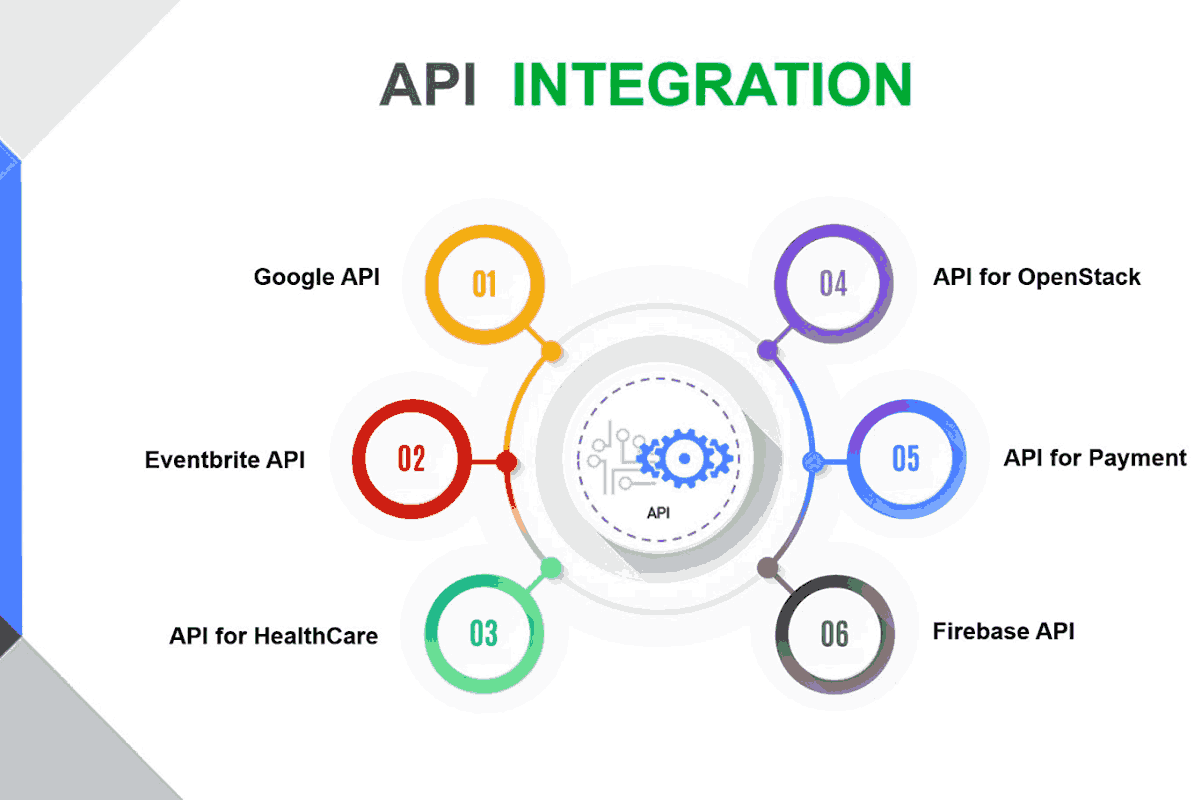
JavaScript isn't limited to front-end development anymore. Nowadays, it's the foundation for powerful backend frameworks that can significantly enhance your web development projects.
This comprehensive guide will explore the top JavaScript backend frameworks, their features and strengths, and why they're essential for modern web development. Understanding these frameworks opens doors to building scalable, high-performance web applications, whether you're new to backend programming or expanding your skill set.
Top JavaScript Backend Frameworks: A Comprehensive Guide
Introduction to JavaScript backend frameworks
JavaScript backend frameworks have become increasingly popular in modern web development. These frameworks, such as Node.js, Express, and Meteor, allow developers to build scalable, high-performance web applications using JavaScript on the server side. This comprehensive guide will explore the top JavaScript backend frameworks, their features and strengths, and why they are essential for modern web development.
Understanding these frameworks can help you build robust and dynamic web applications, whether you are new to backend programming or expanding your skill set. With the increasing demand for real-time, data-driven applications, JavaScript backend frameworks are crucial in developing modern web projects.
Node.js: The most popular choice
Node.js is a JavaScript backend framework. The cross-platform, open-source Node.js JavaScript runtime environment helps programmers create JavaScript server-side applications. Node.js is known for its speed, scalability, and efficiency, making it a top choice for building real-time, data-intensive applications.
Node.js has a large ecosystem of libraries and packages, making it easy for developers to add functionality to their applications. It also has a non-blocking, event-driven architecture, allowing for efficient handling of multiple concurrent connections. This makes it ideal for building scalable, high-performance web applications.
In addition to its technical capabilities, Node.js has a strong community of developers and a wealth of resources and documentation available. This makes it easy for developers to learn and stay updated on best practices and new features.
Node.js is the most popular choice for JavaScript backend development due to its speed, scalability, efficiency, and strong community support. It is an essential framework for modern web development projects.
Express.js: Lightweight and flexible
Express.js is a top choice for building real-time, data-intensive applications. It is known for its speed, scalability, and efficiency, making it a popular developer framework. With Node.js as its base, Express.js has a large ecosystem of libraries and packages, making it easy for developers to add functionality to their applications.
Its non-blocking, event-driven architecture allows for efficient handling of multiple concurrent connections, making it an ideal framework.
Koa.js: A more modern and minimalist framework
Koa.js is gaining popularity among developers. It is known for its lightweight and flexible nature, making it ideal for building scalable and high-performance web applications. With its streamlined and modern approach, Koa.js offers a refreshing alternative to traditional frameworks.
One of Koa.js's key advantages is its use of async functions, which simplifies the process of writing asynchronous code. This makes it easier for developers to handle complex operations and improves their applications' overall performance. Koa.js has a modular design, allowing developers to add only the needed features, resulting in a more efficient and tailored development process.
Furthermore, Koa.js provides a clean and expressive API, making it easy for developers to work with and understand the codebase. This, in turn, contributes to better code quality and maintainability. With its minimalist approach, Koa.js allows developers to focus on building their applications' core functionality without the overhead of unnecessary features.
Overall, Koa.js is an essential framework for modern web development projects. It offers a more modern, minimalist, and efficient approach to building web applications. Its flexibility, scalability, and developer-friendly design make it a strong contender for backend development in the JavaScript ecosystem.
Hapi.js: Great for building APIs
Hapi.js is a robust framework for building APIs. It offers a wide range of features and functionalities, making it an ideal choice for developers working on API development. One of the critical advantages of Hapi.js is its plugin system, which allows developers to easily extend and customize the framework to suit their specific needs. This makes it easy to add new features and functionality to your API without having to reinvent the wheel.
Hapi.js' powerful tools for input validation, authentication, and error handling simplify building dependable and safe APIs. With its focus on configuration over code, Hapi.js allows developers to quickly and easily set up and configure their API endpoints, saving time and effort in the development process.
Overall, Hapi.js is a great choice for building APIs due to its flexibility, extensibility, and intense focus on security and reliability.
Sails.js: Ideal for real-time applications
Sails.js is a popular framework well-suited for building real-time web applications. It offers powerful features for handling real-time communication between clients and servers, making it a great choice for developers working on applications that require real-time updates and interactions. Sails.js also provides a robust MVC architecture, which helps organize the code and simplify the development process.
It also has built-in WebSockets support, which facilitates the implementation of real-time communication features. With its strong emphasis on scalability and performance, Sails.js is a strong contender for developers looking to build real-time applications. Overall, Sails.js is a solid choice for building modern, real-time web applications.
Meteor.js: Full-stack framework with built-in features
Meteor.js is a robust full-stack framework with built-in features that make it easier for developers to build modern web applications. It offers real-time updates and interactions, allowing seamless communication between clients and servers.
Meteor.js also provides robust tools for handling authentication, input validation, and error handling, making it easier to build secure and reliable applications. With its focus on configuration over code, Meteor.js allows developers to quickly set up and configure their API endpoints, saving time and effort in the development process.
Overall, Meteor.js is an ideal choice for developers looking to build feature-rich, real-time web applications.
In conclusion, choosing the proper JavaScript backend framework for your project is crucial for the success of your application. Each framework has its strengths and weaknesses, so it's essential to carefully consider your project's requirements and goals before deciding.
Following this comprehensive guide, you can make an informed choice and select the best JavaScript backend framework for your specific needs. Whether you choose Express, Koa, Hapi, or any other framework, the key is to understand the unique features and benefits of each and how they align with your project's objectives.
FAQS
What are some of the top JavaScript backend frameworks?
Some of the top JavaScript backend frameworks include Node.js, Express, NestJS, Hapi, and Koa.
What is the purpose of a JavaScript backend framework?
A JavaScript backend framework provides a structure and set of tools for building server-side applications and APIs using JavaScript.
How do I choose the proper JavaScript backend framework for my project?
When selecting a JavaScript backend framework, consider your project requirements, scalability, performance, community support, and ease of use.
Can I use a JavaScript backend framework with other programming languages?
While JavaScript backend frameworks are primarily designed for use with JavaScript, they can be integrated with different languages and technologies through APIs and interoperability features.
Are there any specific security considerations when using JavaScript backend frameworks?
Yes, security is an important aspect to consider when using any backend framework. Following best practices for securing your applications and data, such as input validation, authentication, and encryption, is essential.
What are some standard features of JavaScript backend frameworks?
Common features of JavaScript backend frameworks include routing, middleware support, database integration, error handling, and support for asynchronous programming.
Can I use a JavaScript backend framework for building real-time applications?
Many JavaScript backend frameworks have built-in support for real-time communication through technologies like WebSockets and event-driven architectures.
Where can I find resources to learn more about JavaScript backend frameworks?
You can find resources for learning about JavaScript backend frameworks in developer communities, online tutorials, documentation, and through professional training courses.
Keywords:
- javascript backend frameworks











Leave a comment